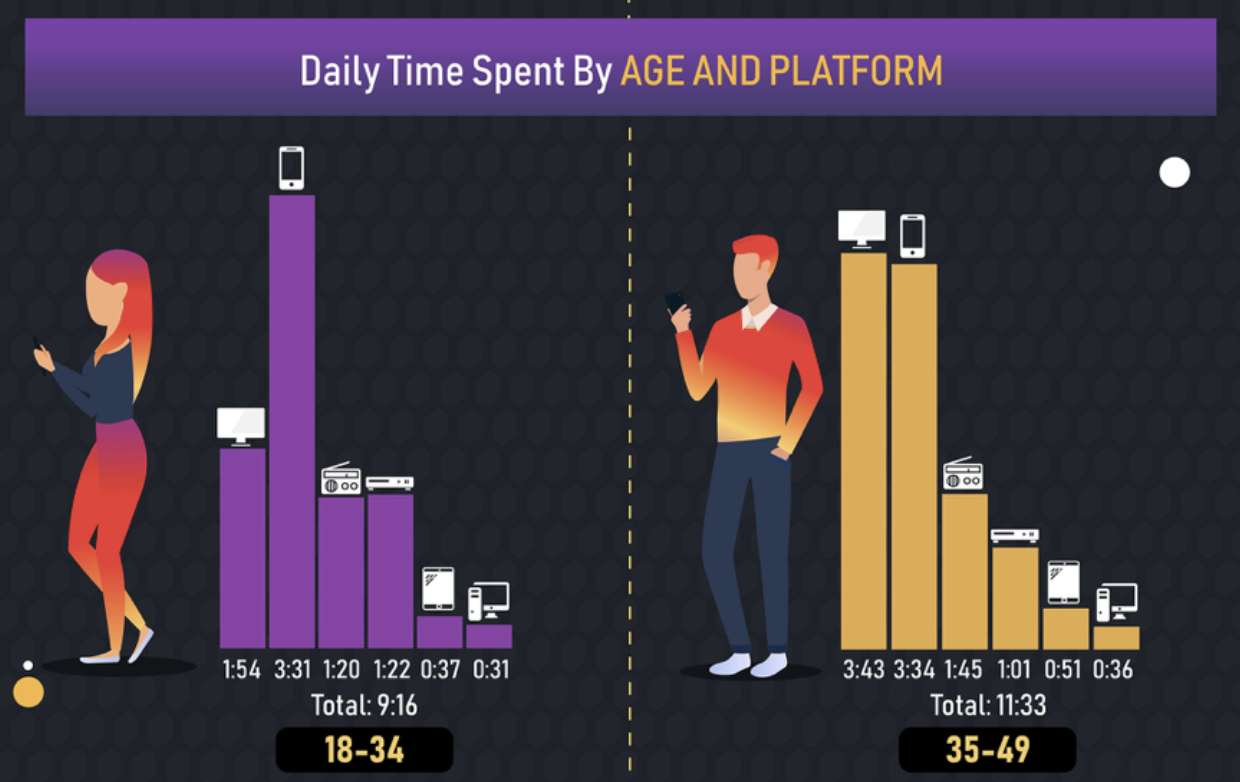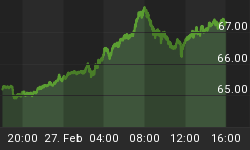Social media apps are addictive, and one senator is micro-manage the addiction by curbing certain features and making it obligatory for apps to remind you, every 30 minutes, exactly how much of your life you’ve been wasting. Senator Josh Hawley, a Missouri Republican and the author of the bill, is seeking to ban autoplay videos and infinite scrolling on social media apps.
The purpose of Hawley’s SMART Act (Social Media Addiction Reduction Technology Act), unveiled on Tuesday, is to hit out at companies that have “embraced a business model of addiction”.
“Too much of the ‘innovation’ in this space is designed not to create better products, but to capture more attention by using psychological tricks that make it difficult to look away,” Hawley said.
If the bill is passed, it would give social media companies three months to get on board. After that, they would be banned from offering automatic “features” that load and display content that the user hasn’t requested. In other words, there won’t be anymore automatic dumping to feed your addiction. You’d have to go in and request that dumping specifically.
Overall, the bill seeks “to prohibit social media companies from using practices that exploit human psychology or brain physiology to substantially impede freedom of choice, to require social media companies to take measures to mitigate the risks of internet addiction and psychological exploitation, and for other purposes.”
It’s not Hawley’s first anti-tech rodeo, either. Other bills he’s introduced focus on data tracking, children’s online privacy, and data monetization. He’s been tough on tech executives in hearings and is a regular pressure point for federal regulators on tech issues.
Related: Billion-Dollar Esports Niche Could Be In The 2024 Olympics
So how addicted are we to social media, exactly?
The jury seems to be out on that still, but for now--at least--it has not been recognized by any major international health institution as a “disorder”, per se, Vox reports.
According to Famemass, globally, people spend an average of 2 hours and 23 minutes a day just on social networks and messaging.
U.S. adults spend an average of 11 hours and 27 minutes a day consuming digital media.
Gen-Z and millennials aged 18-34 spend an average of 3 hours and 31 minutes on their phones, while adults aged 35-49 beat them, spending an average of 3 hours and 34 minutes per day on the same device. But adults aged 35-49 also watch a lot more TV on top of that; so, digital consumption is arguably more of an adult addiction than it is a youth problem.

And it’s only getting worse:

Is Hawley’s SMART Act the answer?
Plenty are commending it, but some feel it stands little chance of being effective.
Speaking to Recode, Andrew Przybylski, a University of Oxford psychologist and public skeptic of social media addiction, called Hawley’s bill “silly and practically unworkable”.
We need more effective regulation, he says.
“It’s important that social media companies begin participating in large-scale transparent studies with independent scientists. Until Facebook, Instagram, and YouTube have to share their data, we’re not going to get anywhere.”
The SMART Act has a long way to go before becoming law, if it ever does. After all, the senator is fighting a giant industry and addiction rules the day. A successful ‘intervention’ may not come from a government ban on the tech industries ‘hook’ techniques.
Hawley’s track record, though, suggests he doesn’t plan on letting up. In the past, he’s questioned whether these social media platforms should even exist, and has called social media a “parasite on production investment, on meaningful relationships, on a healthy society”.
For now, mindless scrolling is set to rule the day.
By Michael Scott for Safehaven.com
















